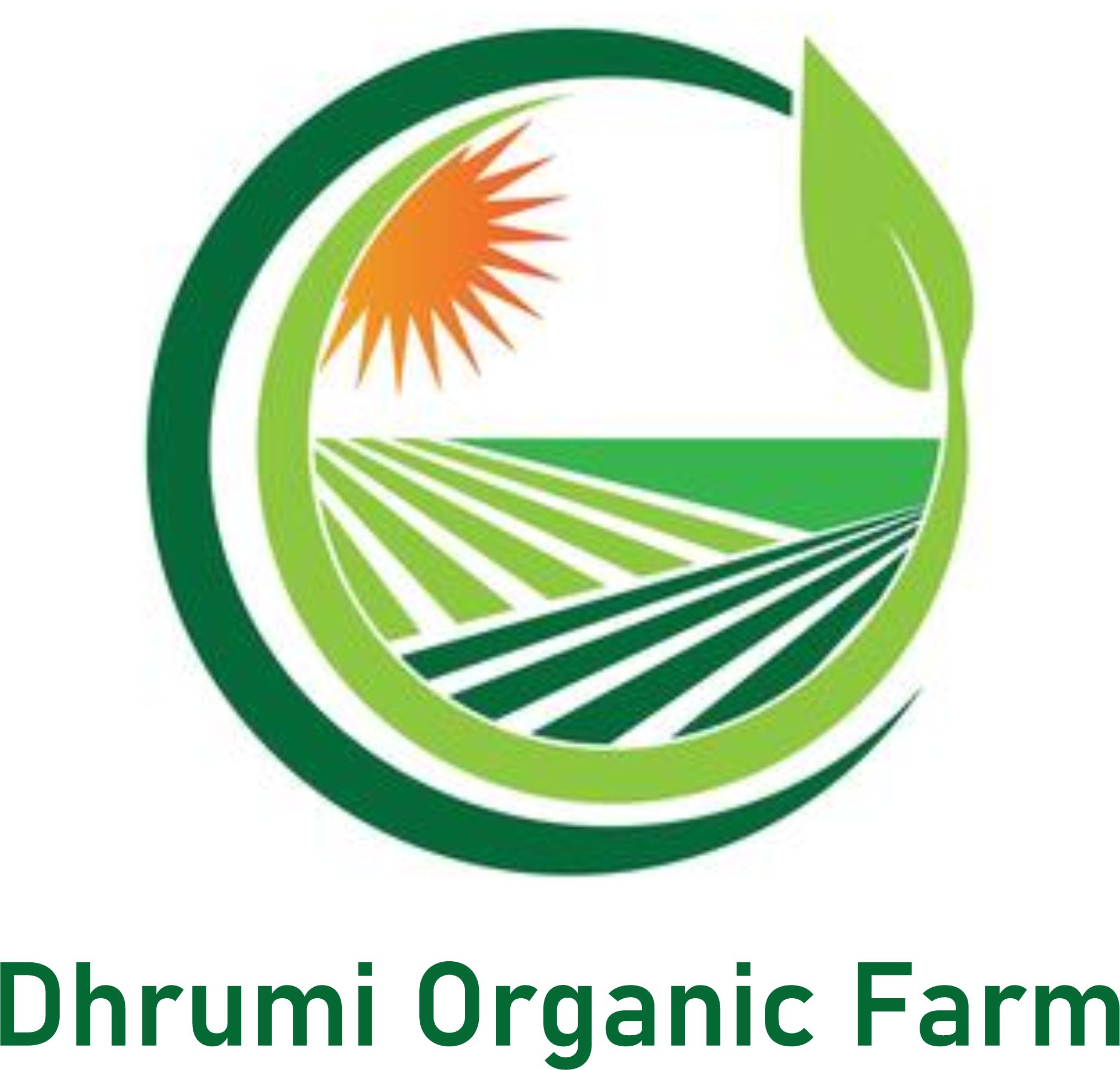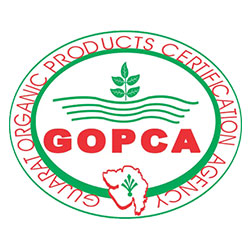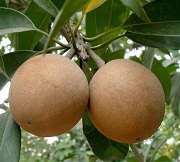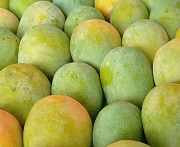
Dhrumi Organic Farm
SACHINBHAI .N. PATEL
Navsari, Gujarat, IndiaAbout Farm
Organic farming refers to a method of agriculture that relies on natural processes and cycles, while avoiding the use of synthetic pesticides, fertilizers, genetically modified organisms (GMOs), and growth hormones. For farmers producing organic Sapota (also known as chiku) or organic mangoes, several key aspects are involved:
-
Soil Management: Organic farmers focus on building healthy soil through practices such as composting, crop rotation, and cover cropping. Healthy soil promotes strong root systems and nutrient-rich produce.
-
Natural Pest and Disease Control: Instead of synthetic pesticides, organic farmers use methods like beneficial insect release, crop rotation, and maintaining biodiversity to control pests and diseases. For example, introducing predator insects like ladybugs to control aphids.
-
Weed Management: Organic farmers employ techniques such as mulching, hand weeding, and mechanical cultivation to control weeds without using synthetic herbicides.
-
Organic Certification: To label their products as organic, farmers must adhere to strict guidelines set by certification bodies such as the USDA (United States Department of Agriculture) or equivalent organizations in other countries. This involves documentation, inspections, and compliance with organic standards.
-
Harvesting and Post-Harvest Handling: Organic fruits like Sapota and mangoes are harvested carefully to avoid damage and preserve quality. Post-harvest handling may involve minimal processing to maintain freshness and nutritional value.
organic farming of Sapota and mangoes involves a holistic approach that prioritizes environmental stewardship, consumer health, and sustainable agriculture practices.
Basic Information
| Language | other , Gujrati |
|---|---|
| Farming Method | organic |
| Total Land | 0.932 |
| Organic Since | 2019 |




